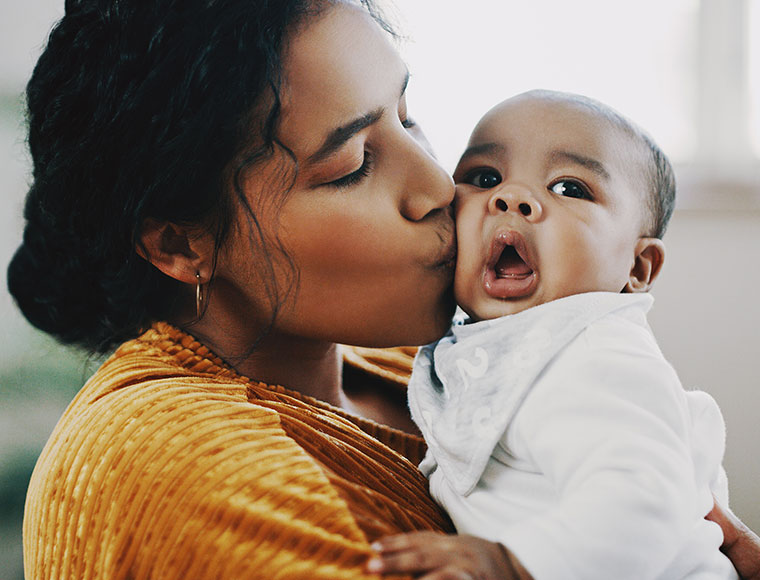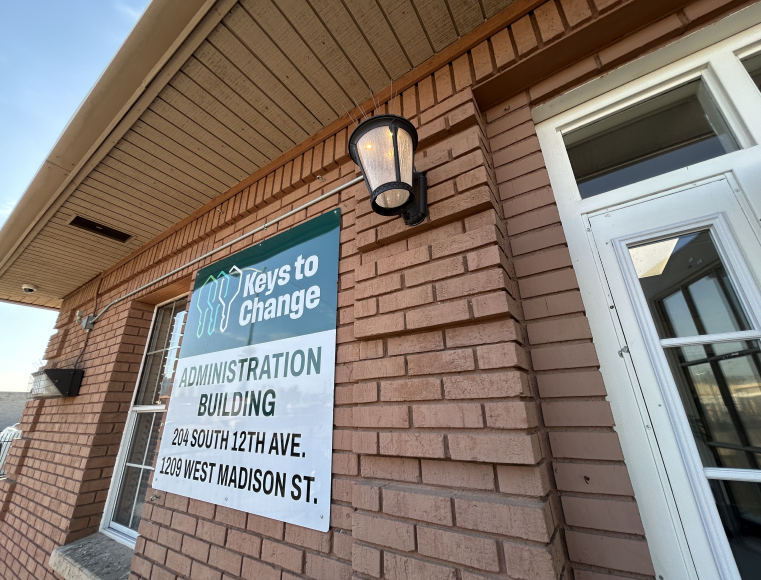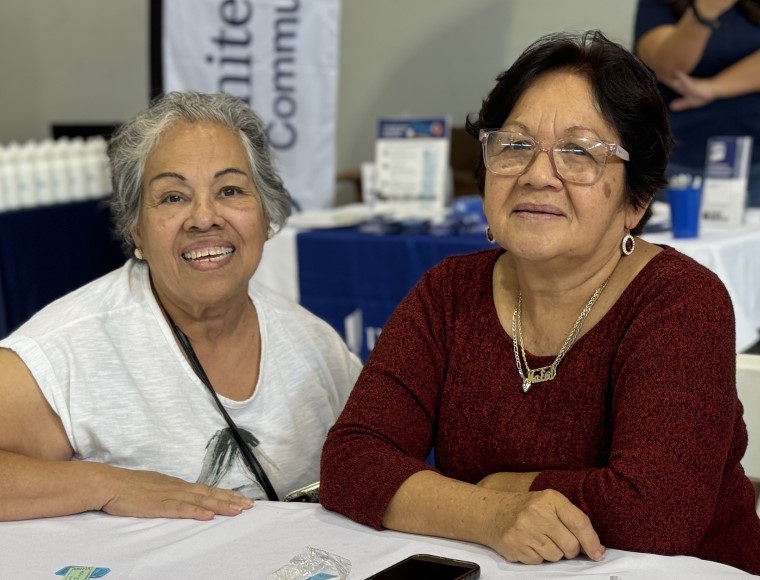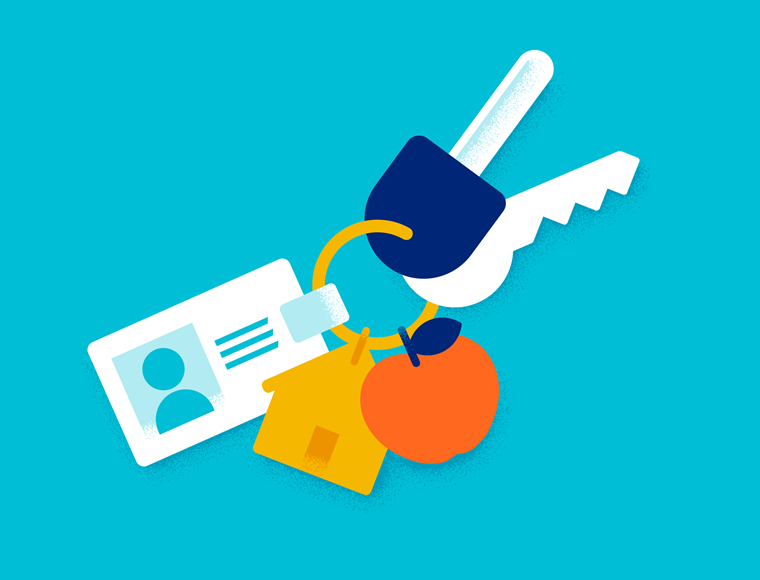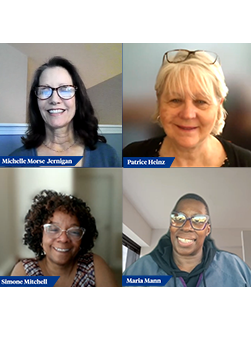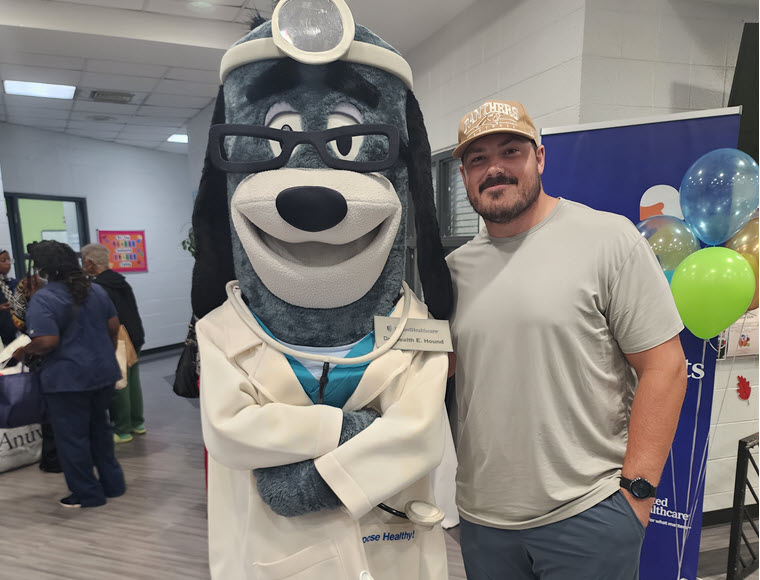The prevalence of Alzheimer’s Dementia is projected to increase sharply across the United States between 2020 and 2025 as the country’s population ages.1 Arizona is projected to experience a 33% increase in the number of adults over 65 with Alzheimer’s, the highest increase of any state in the country. As the number of people diagnosed with Alzheimer’s increases, so does the number of people caring for a loved one who has been diagnosed. Arizona has over 260,000 unpaid caregivers who provide an equivalent of $10 billion in care each year to people with Alzheimer’s or other types of dementia.
The challenges of family caregiving can create physical and behavioral health impacts including higher rates of depression, loneliness and substance use, lower self-reported physical health and higher mortality rates compared to non-caregivers of the same age.2 A CDC study during the COVID-19 pandemic found that unpaid adult caregivers were three times more likely to experience suicidal ideation compared to the general public.3
Hispanic Americans are 1.5 times more likely to develop Alzheimer's or another dementia compared to white Americans.4 Hispanic families are also less likely to use community support services and formal care services, creating a disproportionate impact on Hispanic family caregivers who make up 21% of the 40 million family caregivers in the United States.5 Among Hispanic families, caring for older family members is often seen as a cultural norm and a familial responsibility. As a result, many Hispanic people caring for their family do not self-identify as a caregiver and are less likely to access resources and support intended for family caregivers.6
UnitedHealthcare Community Plan of Arizona granted $99,000 to Duet: Partners In Health & Aging to increase access to resources for family caregivers, including for Hispanic families. Duet aims to empower family caregivers to take care of themselves and find support through resources, education and peer mentorship. The organization offers support groups for caregivers who are members of the LGBTQ+ community, as well as Spanish-speaking caregivers and those caring for loved ones with specific conditions including Alzheimer’s Dementia. The support groups offer safe, open spaces to discuss experiences and challenges with peers.
Duet is utilizing the grant to expand outreach and availability of services for Spanish-speaking families throughout Arizona. This includes partnering with promotores de salud, community health workers embedded in Hispanic communities, to share education about family caregiving and connect family caregivers in their community to Duet’s resources.
As the prevalence of Alzheimer’s Dementia increases in Arizona and nationwide, empowering family caregivers is essential for building healthy families and communities. Through collaboration with organizations like Duet, UnitedHealthcare Community Plan of Arizona is dedicated to creating equitable access to resources and services to affirm and support people caring for their loved ones.
Sources
- Alzheimer's Facts and Figures Report | Alzheimer's Association
- https://www.caregiver.org/resource/caregiver-health/
- https://www.cdc.gov/mmwr/volumes/69/wr/mm6932a1.htm
- https://www.alz.org/professionals/public-health/public-health-topics/health-equity
- https://www.ncbi.nlm.nih.gov/pmc/articles/PMC9232946/
- https://www.apa.org/pi/about/publications/caregivers/practice-settings/cultural-issues
